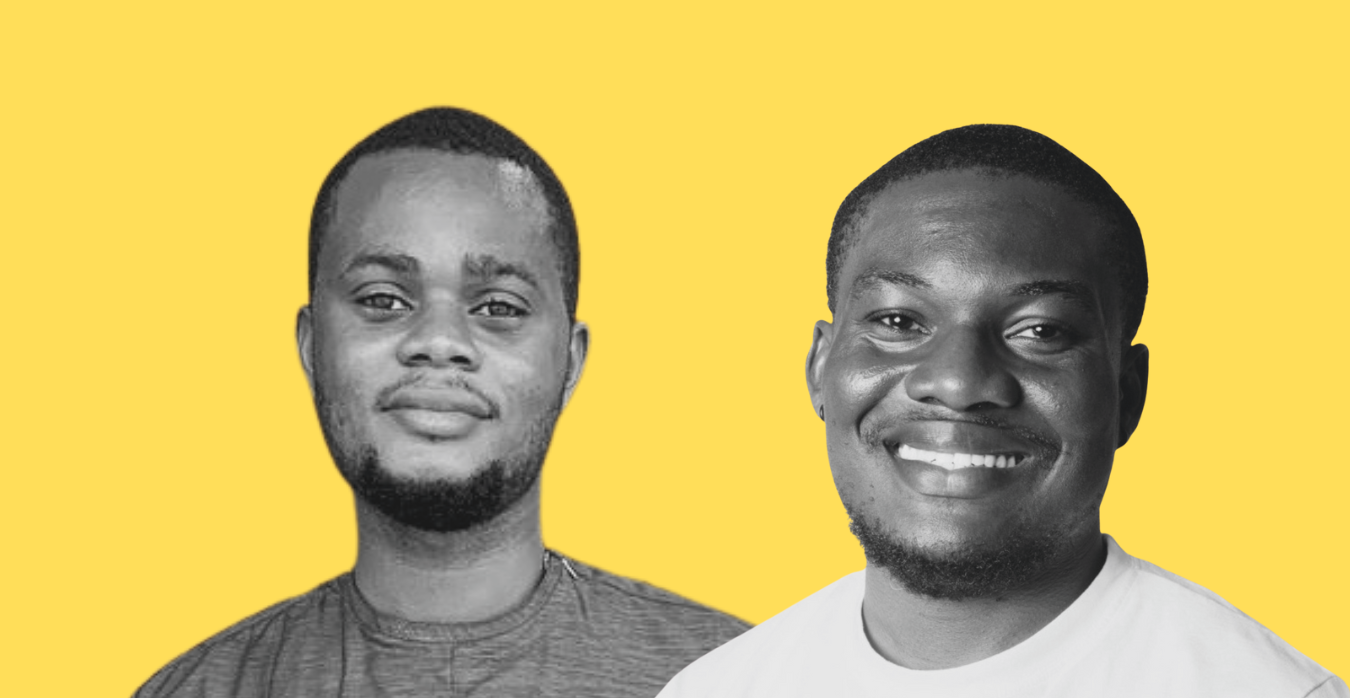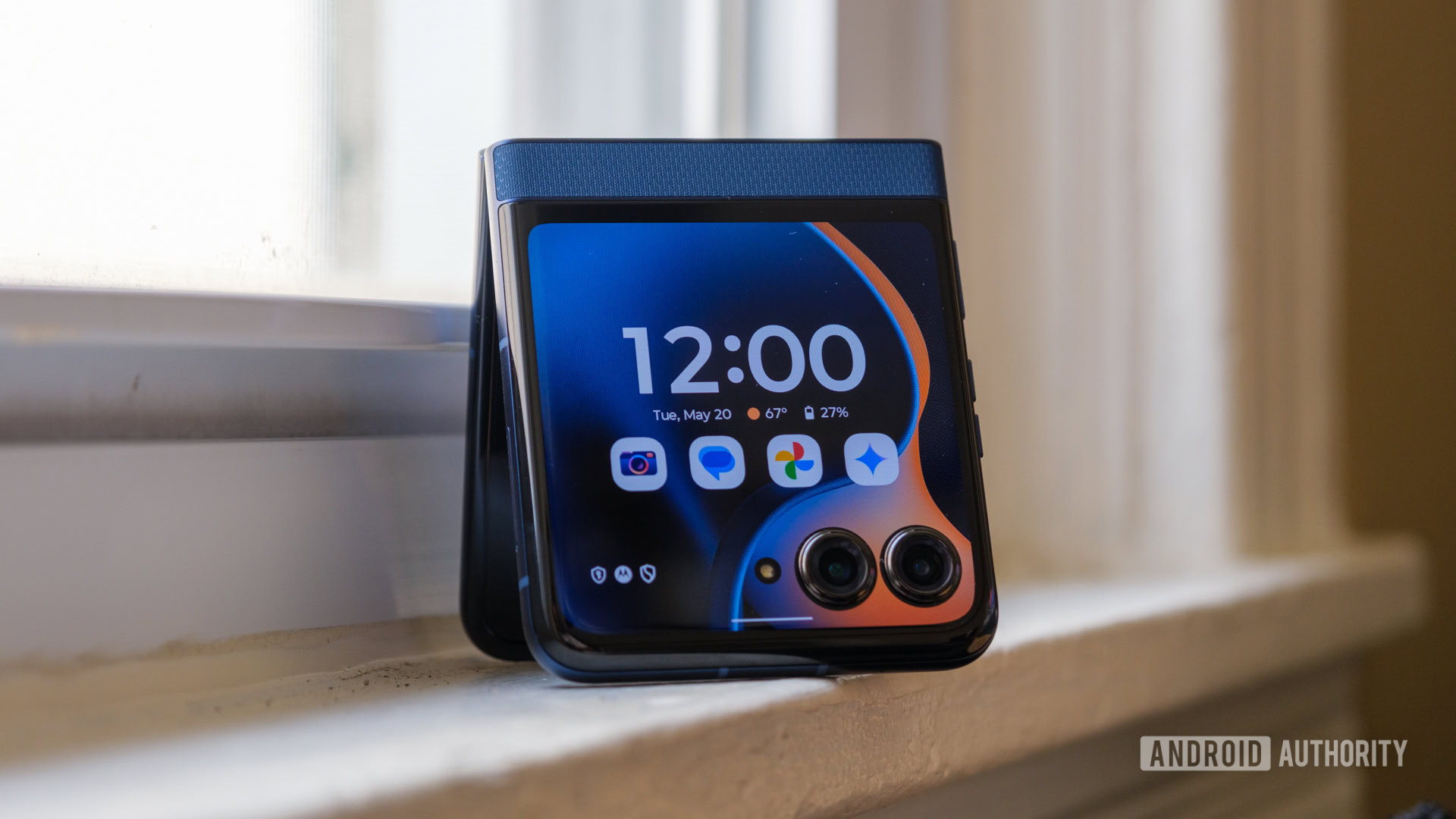In a village in Nigeria, where poor internet connectivity makes access to most apps difficult, a phone call to a local number could connect users to an AI assistant. In turn, real-time information, healthcare, and banking services become accessible in a few seconds. That’s the future Joshua Firima is chasing with his startup, KrosAI.
For years, Nigeria’s startup space was dominated by fintech promising to ‘bank the unbanked’ and solve payment problems for businesses. This era led to the rise of players like Opay, Moniepoint, and Paystack. Still, by 2023, financial inclusion in the country was still at 64%, well below the 95% target set by the Nigerian government.
Firima believes the next frontier in banking and other industries is making artificial intelligence accessible to Africans overlooked by Silicon Valley’s English-first products.
“A decade ago, Africa’s biggest challenge for businesses was payments,” Firima said. Now, these businesses want to expand across emerging markets, but language barriers hold them back from reaching markets where attracting customers requires knowing local languages.
“Without the tools to connect with customers in their local languages, growth stalls and opportunities are missed,” Firima says.
KrosAI’s bet is that voice is the main way to bring AI tools into everyday life on the continent. Its flagship product, Oracle, is designed to help banks, telcos, e-commerce players, healthcare providers, and other businesses speak directly to customers in their own accents and native languages.
The entrepreneurship journey
“I’ve been an entrepreneur all my life,” he says. Firima’s entrepreneurship journey began when smartphone brands like Infinix and Tecno started gaining prominence in Africa. He would help people install applications and games on their phones.
Then, in 2019, he decided to build a team to make and sell software products. The team launched a drag-and-drop website builder to help non-coders build their own websites. The business was eventually acquired after 10 months.
“That was my first exit as an entrepreneur,” he said.
Firima still liked the challenge and lessons of entrepreneurship and continued building. In 2022, he launched a tool called Moosbu, which was intended to be a ‘super business app for SMEs.’
Moosbu was a banking-as-a-service platform that enabled small businesses to set up online stores, manage logistics, access payments and accounts, and utilise AI-powered marketing tools. However, during Nigeria’s 2023 cash crunch, when digital payments slowed, players like Moniepoint and Opay overtook the market. Dependent on partner banks, Firima realised they couldn’t compete on speed and began to lose customers quickly. “We started looking for other external ideas and how we can still add value to businesses, both in terms of revenue and impact.”
They pivoted, setting the stage for KrosAI.
Filling language gaps
When ChatGPT gained prominence in 2023, Firima noticed a blind spot in AI tools developed by Big Tech.
“Most AI tools were designed for high-resource languages,” he says. The problem hit him while freelancing on Fiverr. A client in The Gambia dropped him because their conversations, filtered through Google Translate, never quite made sense.
“We were talking,” he recalls, “but we weren’t understanding each other.” That experience pushed him towards fine-tuning open-source models with local language data and building a text-generation prototype. But he soon realised the bigger opportunity: voice.
“Before you even learn how to write, you already know how to speak,” he says. KrosAI is building voice and text models trained with their own datasets. Their main focus is helping businesses integrate natural-language voice options to their product offerings. At the moment, KrosAI’s voice tools are better suited for accented Nigerian, South African, Kenyan, and Ghanaian English.
“We are working on more local language support, which will be live in the coming weeks,” Firima adds.
Still, Firima knows that to have a real impact, AI has to find ways to reach the users without reliable internet or formal literacy. Oracle, KrosAI’s phone-based AI assistant, which launched in July 2025, is his response to that problem. A person who lives in a network patchy area can call a number and receive real-time responses. In Nigeria, where less than four in ten people use the internet, the ability to access AI tools through simple phone calls could help reach those currently excluded from the digital economy.
“It’s not about AI as a shiny tool or feature, but about what it enables: new markets, new customers, new opportunities that were previously unreachable,” he says. “That’s exactly the lens we’re building from with Oracle and the broader KrosAI infrastructure.”
For companies handling high-volume phone calls, such as banks, fintech, e-commerce players, and telcos, Oracle’s API can provide the foundation for developing cost-efficient customer support channels tailored to local contexts. For individuals, it can provide answers to simple health-related queries, offer real-time news updates, and provide educational support with a simple phone call.
Firima mentions that the airtime charges for phone calls made to Oracle are billed ‘as they normally do to a regular call.’
Where KrosAI’s datasets come from
When it comes to building AI tools in Africa, founders and investors face four key challenges: access to locally relevant datasets, high costs, infrastructure gaps, and a shortage of AI engineering talent.
To tackle the data challenge, Firima turned to Meta’s open-source Llama models. “Llama appeals to us because Meta already has access to diverse, real-time conversations across platforms like Instagram, WhatsApp, and Facebook,” he says. “If you look at a Facebook group for Tanzanians, for example, people are speaking in their own dialects. That’s authentic multilingual data.”
KrosAI trains and fine-tunes its models on Microsoft and Google Cloud platforms, aided by startup credit programs that ensure affordable access for early-stage builders. Unlike startups that resell access to models from OpenAI and Anthropic, they choose to train their own models.
“We don’t resell tokens, we generate our own, we host the entire stack ourselves, from text to speech to the automatic speech recognition,” he says. “We fine-tune on the cloud platforms and deploy the models on them.” Unlimited token generation matters because it eliminates cost constraints and allows for better customisation to local needs, rather than being limited by external pricing models.
Firima welcomes the recent million-dollar push from MTN and Airtel to build Naira-priced cloud and AI infrastructure to serve local startups. “I think it’s even long overdue. Not just for AI startups, but when you have some really heavy workloads like processing millions and millions of transactions,” he says. “By the end of the month, you’re faced with a bill of $10,000 or $15,000, you’re losing a lot of your high-end revenue.”
He hopes to see African cloud providers offer generous credits and easier integration with platforms like Hugging Face so developers can easily deploy models on these spaces.
The talent gap became evident during hiring. KrosAI’s recent job posting drew nearly 200 applicants, many of whom self-described as “AI enthusiasts” and assumed the role involved consuming existing AIs. “We’re looking for people who can build the actual AI products,” Firima explains, highlighting Africa’s shortage of critical AI talent.
Looking ahead
Despite the challenges, Firima remains optimistic about the long-term potential. The KrosAI team will be heading to San Francisco next month to showcase their products at the TechCrunch Startup Battlefield: a competition that lets them connect with potential investors and partners worldwide. Companies like Discord, Trello, and Dropbox are notable alumni.
This kind of AI infrastructure requires patience and access to significant capital. “Here you see startups doing hardcore stuff, from model training to fine-tuning to data creation, and they’re barely raising $2 million,” he says.
While some investors focus more on supporting African startups building tools with certain AI features, Firima believes attention should also go to those building the foundation that will enable these players to integrate locally-relevant AI capabilities in their existing tools properly.
“It’s a really long-term game. You have to be patient if you’re investing in AI startups here. No one should expect the next OpenAI to come from Africa in the next year with $100k checks.”
Mark your calendars! Moonshot by is back in Lagos on October 15–16! Join Africa’s top founders, creatives & tech leaders for 2 days of keynotes, mixers & future-forward ideas. Early bird tickets now 20% off—don’t snooze! moonshot..com










